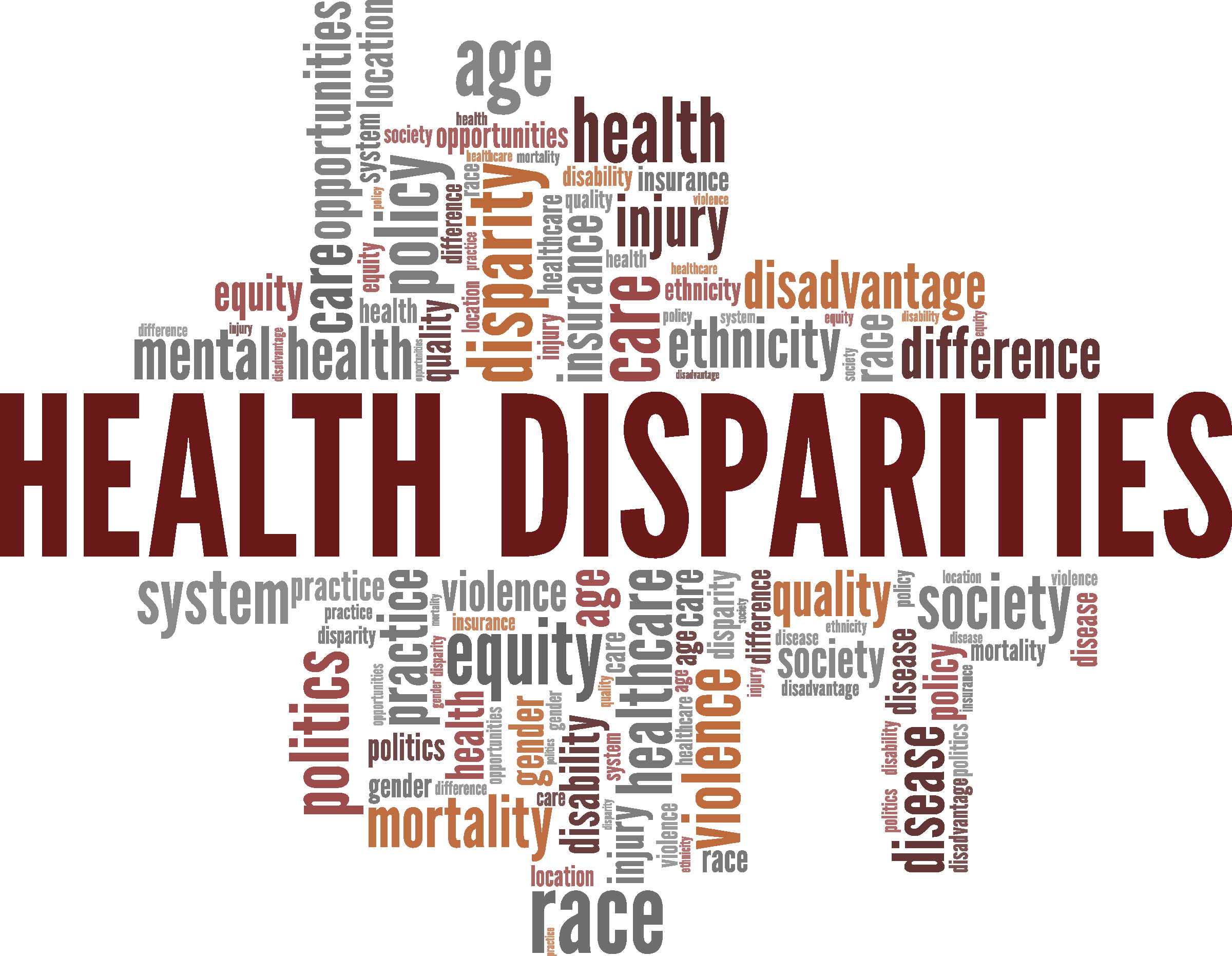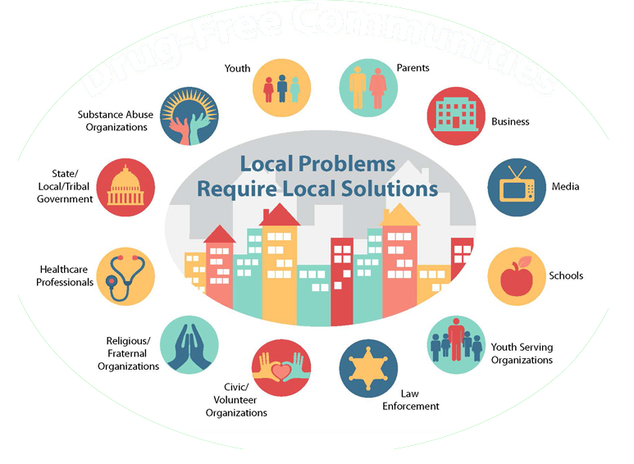Initiatives
Health Disparities
Fayette County, like many communities across the nation, grapples with significant health disparities. Factors such as socioeconomic status, access to healthcare, and education contribute to a troubling divide in health outcomes among its residents. Fayette FACTOR brings together local organizations, healthcare providers, and community leaders to tackle these challenges head-on.


Early Learning
Fayette FACTOR’s Early Learning Initiative begins with a critical understanding: the early years of a child’s life are the most formative. Research shows that the foundation for future academic success, social-emotional development, and lifelong learning is laid during the first five years of life. Yet, in Fayette County, many families face barriers to accessing high-quality early learning programs, leaving some children at a disadvantage before they even step into a classroom. Recognizing this challenge, Fayette FACTOR has made early learning a cornerstone of its work, focusing on creating equitable opportunities for all children.
Mental Health
Fayette FACTOR’s commitment to improving health disparities extends beyond physical health. The organization understands that mental health is equally important in achieving overall well-being. In response, Fayette FACTOR has launched mental health awareness campaigns and support groups, providing a safe space for individuals to discuss their challenges and seek help. By destigmatizing mental health issues and promoting resources, Fayette FACTOR is helping to create a more supportive and understanding community.


Substance Abuse Prevention
As the magnitude of risks and harms associated with drugs and alcohol grew and became more apparent to our community, Fayette FACTOR established Drug Free Fayette (DFF) in 2015 to address youth misuse of drugs and alcohol. DFF chose to also address the harms of secondhand smoke, opioid misuse and overdose by all ages, and the potential for marijuana commercialization. DFF is driven by 80 volunteer coalition members across twelve sectors of the community, facilitated by a small staff to support their work.



